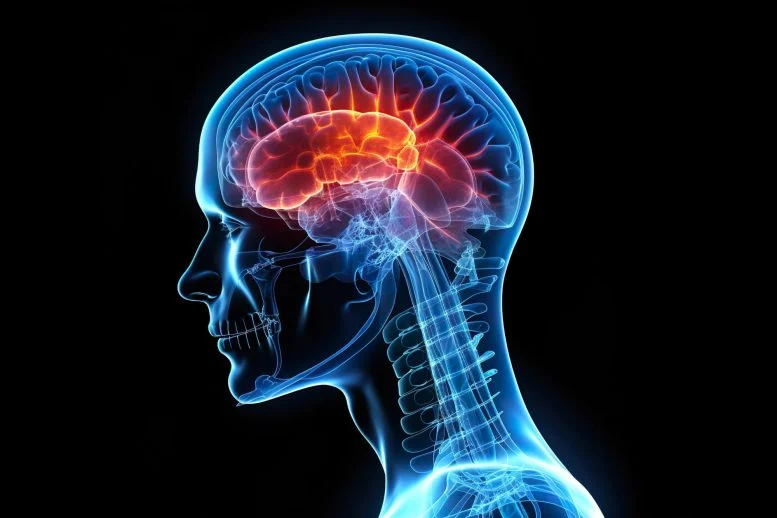Epilepsy is closely associated with poor brain health, significantly impacting cognitive abilities, motor function, and mental well-being, according to a recent study published in the Journal of Translational Medicine. The study, which analyzed data from over 426,000 individuals, sheds new light on the long-term neurological consequences of epilepsy.
The research, led by Dan-Dan Zhang from Qingdao Municipal Hospital at Qingdao University in China, examined data from the U.K. Biobank, focusing on 3,251 participants diagnosed with epilepsy at baseline. Over a 17-year follow-up period, the study found that individuals with epilepsy experienced a higher risk of developing neurological disorders and psychiatric conditions compared to the general population.
The findings revealed that epilepsy has a consistent and negative impact on both cognitive and motor functions. Additionally, mental health was notably affected, with patients showing an elevated susceptibility to various psychiatric disorders. The research also identified key brain regions associated with epilepsy, including the pallidum, hippocampus, and precentral regions, which may play a critical role in the development of brain dysfunctions in affected individuals.
The study’s authors also explored the role of peripheral markers and proteins, such as GGT, HDL, ACE2, and GDF15, indicating that liver function and lipid metabolism could be involved in the pathophysiology of brain disorders in people with epilepsy.
“We emphasize the importance of early diagnosis and intervention for individuals with epilepsy to prevent long-term damage to brain health,” said Zhang. “This research provides vital insights to enhance the quality of life and survival rates of epilepsy patients.”
The study highlights the need for improved treatment strategies and further research into the complex relationship between epilepsy and brain health. As the findings suggest, a more proactive approach to managing epilepsy could mitigate its detrimental effects on the brain, ultimately improving outcomes for those living with the condition.
For further details, refer to the study titled Epilepsy and Brain Health: A Large Prospective Cohort Study in the Journal of Translational Medicine (DOI: 10.1186/s12967-024-06006-9).












